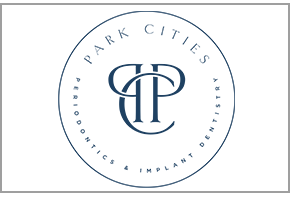If that fear keeps you from seeking care from a periodontist or another dental professional, however, it can compromise your oral health.
Fortunately, there are options to help patients overcome that fear. The patient can discuss any concerns with the periodontist in advance of the treatment, giving the periodontist the opportunity to take care to use a gentle touch with that particular patient.
Sedation dentistry can also be tremendously helpful in cases of dental anxiety. With this approach, patients can take medications that put them in a state of deep relaxation.
The medications used in sedation dentistry can be delivered via a variety of methods—orally in pill form, intravenously or via gaseous nitrous oxide.
Sedation dentistry has a number of advantages for patients. Although this practice is sometimes called “sleep dentistry,” patients actually remain awake and conscious, which allows them to continue to respond to the periodontist’s commands. The effects of sedation also wear off more quickly than those of general anesthesia, and the airway remains open and functioning throughout sedation.
The patient’s vital signs are carefully monitored while the patient is under sedation so that the level of the medications can be adjusted if need be. Discuss any potential side effects or risks of sedation with your periodontist in advance of the appointment.
Patients who choose sedation dentistry do need to make some preparations in advance of the procedure. Patients who are receiving IV sedation may need to fast after midnight before the appointment.
Also, patients who opt for sedation will not be able to drive themselves home following the appointment, so they’ll need to make arrangements for a responsible adult to escort them home.
Sedation dentistry can be a valuable method to help fearful patients access the dental care they need. If you are facing a treatment for periodontal disease but are anxious about the prospect, talk to the office of Dr. Beth Tomlin about sedation to see if it might be an option for you.
